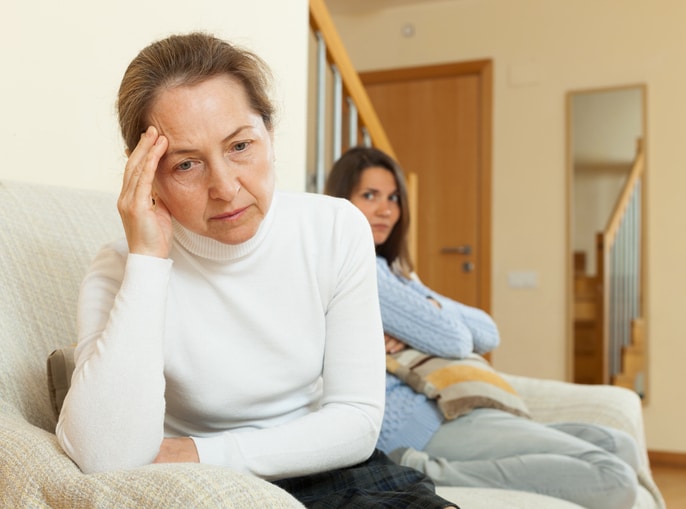Hormone loss can affect female mood swings. Hormonal changes, particularly the decline in estrogen and progesterone levels, can have a significant impact on a woman’s mood and emotional well-being.
Menopause is a stage in a woman’s life characterized by the natural decline in reproductive hormones, including estrogen and progesterone. The hormonal fluctuations and imbalance that occur during this time can lead to various emotional symptoms, including mood swings, irritability, anxiety, and depression. These mood changes can vary in severity and duration among different individuals.
The decrease in estrogen levels during menopause can affect the neurotransmitters in the brain that regulate mood, leading to mood swings and emotional instability. Additionally, hormonal changes can also disrupt sleep patterns, which can further contribute to mood disturbances.
It’s important to note that hormone loss and its impact on mood swings can vary among women. Some women may experience minimal mood changes during menopause, while others may have more significant symptoms. Furthermore, individual factors such as genetics, personal resilience, and life circumstances can also influence the extent of mood swings.
If you’re experiencing significant mood swings or emotional disturbances due to hormone loss, it’s advisable to consult with a BodyLogicMD healthcare professional. We can evaluate your symptoms, provide support, and discuss potential treatment options, including bioidentical hormone replacement therapy (BHRT) or other approaches to help manage mood swings during menopause.
Bioidentical hormone replacement therapy (BHRT) can help alleviate mood swings in women experiencing hormone-related mood disturbances, particularly during menopause. By restoring hormone levels, BHRT aims to rebalance hormonal fluctuations that can contribute to mood swings and emotional instability.
Contact A BodyLogicMD BHRT Expert Today
During menopause, the decline in estrogen and progesterone levels can impact the neurotransmitters in the brain that regulate mood, leading to mood swings, irritability, and other emotional symptoms. BHRT involves the use of estrogen and/or progesterone to supplement the body with these hormones and alleviate the hormonal imbalances.
Estrogen has been found to have mood-stabilizing effects and can help reduce mood swings and irritability. It can enhance serotonin activity in the brain, which is a neurotransmitter associated with mood regulation. Progesterone, on the other hand, has calming effects and can help promote a sense of well-being.
By restoring hormone levels through BHRT, women may experience a reduction in mood swings, improved emotional stability, and an overall improvement in mood and well-being. It’s important to note that the effectiveness of BHRT on mood swings can vary among individuals, and the decision to pursue BHRT should be made in consultation with a healthcare professional.
It’s worth mentioning that managing mood swings during menopause may also involve other approaches, such as lifestyle modifications, stress reduction techniques, regular exercise, and psychological support. A comprehensive approach, combining BHRT with lifestyle adjustments and emotional support, can often provide the best outcomes for managing mood swings during menopause. Consulting with a BodyLogicMD professional who specializes in hormone therapy can help determine the most appropriate treatment plan for your specific situation.

